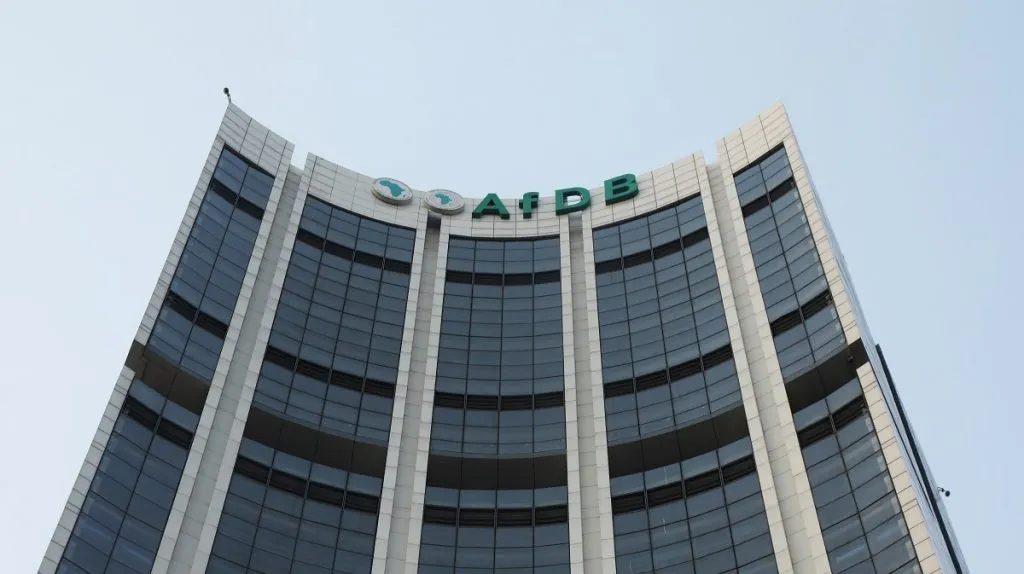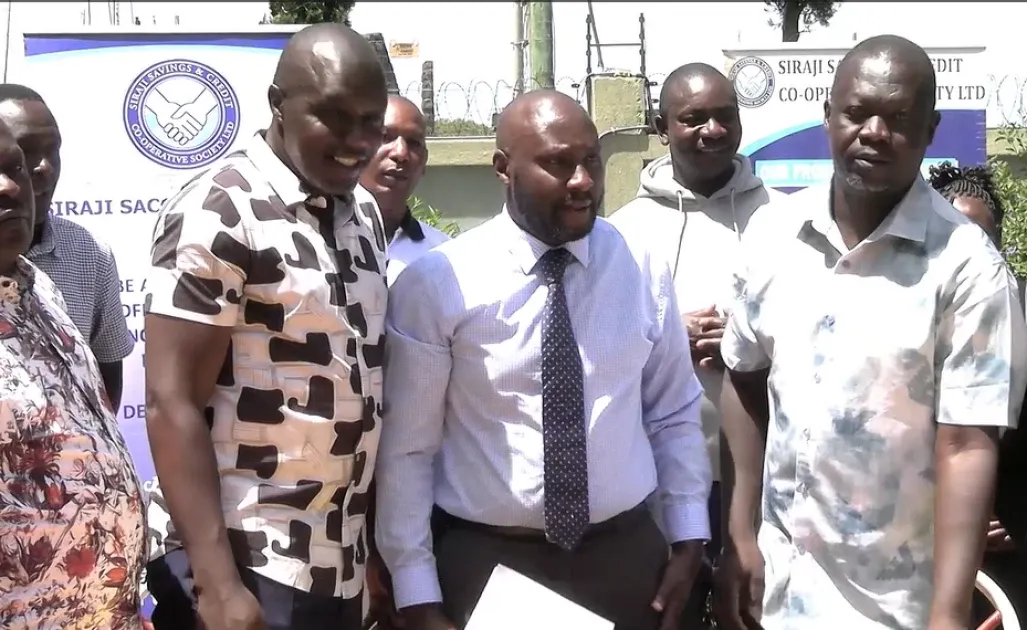Fitch Ratings has downgraded Bangladesh’s Long-Term Foreign-Currency Issuer Default Rating from ‘BB-‘ to ‘B+’, while maintaining a stable outlook. This adjustment reflects ongoing economic challenges and areas of potential stability within the country’s financial landscape.
Key Reasons for the Downgrade
The downgrade to ‘B+’ is driven by a continued weakening of Bangladesh’s external buffers, which heightens the country’s vulnerability to external shocks. Despite policy reforms initiated since early 2022, efforts to curb the decline in foreign exchange reserves and resolve domestic dollar scarcity have been insufficient. The Bangladesh Bank’s recent shift to a crawling peg exchange rate system aims to improve flexibility, though its effectiveness in addressing market distortions and boosting reserves remains uncertain.
Stable Outlook and External Refinancing Mitigation
The stable outlook is supported by favorable external creditor composition and IMF-programme reforms aimed at enhancing macroeconomic stability and addressing banking sector weaknesses. Bangladesh’s government debt remains moderate, with promising medium-term growth prospects.
Challenges with Foreign Exchange Reserves and Inflation
Bangladesh’s foreign exchange reserves have dropped by 15% since January 2024, reaching USD 18.4 billion. This decline is attributed to continued FX interventions, capital outflows, and reliance on informal remittance channels. The central bank’s crawling peg is seen as a temporary measure before transitioning to a fully flexible market-based exchange rate. Implementation challenges persist, especially given the high inflation rate of 9.8% in April 2024.
Domestic US dollar scarcity has led to import restrictions, driving the current account surplus to an estimated 1.4% of GDP for FY24. Greater FX flexibility may ease dollar shortages, potentially increasing imports, but formal remittance flows could mitigate the impact on the current account.
Inflation and Policy Measures
Inflation averaged 9.7% in FY24, significantly above the central bank’s target of 7.5%, despite a 200 basis point increase in the policy rate. Removing interest rate caps for banks and non-bank financial institutions may enhance monetary policy effectiveness, although domestic supply shortages and a weaker exchange rate continue to drive inflationary pressures.
Fiscal Constraints and Economic Growth
Bangladesh’s government revenue-to-GDP ratio remains low at 8.2%, hampered by tax exemptions, weak administration, and challenges in implementing reforms. However, recent tax hikes on tobacco and land registration under the IMF programme present potential revenue growth. Despite fiscal challenges, Bangladesh’s medium-term external debt is mainly owed to bilateral or multilateral partners, supporting debt service capacity.
The medium-term growth outlook is favorable, supported by a robust ready-made garment sector, demographic advantages, and steady remittance inflows. Growth is expected to moderate to 5.3% in FY24 due to dollar shortages and high inflation.
Banking Sector and Structural Challenges
Bangladesh’s banking sector faces issues with weak asset quality, capitalization, and governance. The non-performing loan ratio was 9% at the end of December 2023, with state-owned banks showing a higher ratio of 21%. These figures may rise once forbearance measures are withdrawn, posing potential liabilities for the government if credit stress intensifies. Recent policy changes, such as the removal of lending rate caps, aim to improve banking sector profitability.
Bangladesh also scores low on the World Bank’s governance indicators, reflecting challenges in political stability, rule of law, and corruption control. Infrastructure gaps impede Foreign Direct Investment (FDI), though ongoing government projects aim to improve investment prospects over time.
Conclusion
Despite the downgrade, Bangladesh’s economic outlook remains stable due to ongoing reforms and favorable debt dynamics. Continued efforts in policy implementation and economic diversification are essential for mitigating vulnerabilities and sustaining growth amidst external and domestic challenges.
Photo source: Google
Montel Kamau
Serrari Financial Analyst
28th May, 2024
Article, Financial and News Disclaimer
The Value of a Financial Advisor
While this article offers valuable insights, it is essential to recognize that personal finance can be highly complex and unique to each individual. A financial advisor provides professional expertise and personalized guidance to help you make well-informed decisions tailored to your specific circumstances and goals.
Beyond offering knowledge, a financial advisor serves as a trusted partner to help you stay disciplined, avoid common pitfalls, and remain focused on your long-term objectives. Their perspective and experience can complement your own efforts, enhancing your financial well-being and ensuring a more confident approach to managing your finances.
Disclaimer: This article is for informational purposes only and does not constitute financial advice. Readers are encouraged to consult a licensed financial advisor to obtain guidance specific to their financial situation.
Article and News Disclaimer
The information provided on www.serrarigroup.com is for general informational purposes only. While we strive to keep the information up to date and accurate, we make no representations or warranties of any kind, express or implied, about the completeness, accuracy, reliability, suitability, or availability with respect to the website or the information, products, services, or related graphics contained on the website for any purpose. Any reliance you place on such information is therefore strictly at your own risk.
www.serrarigroup.com is not responsible for any errors or omissions, or for the results obtained from the use of this information. All information on the website is provided on an as-is basis, with no guarantee of completeness, accuracy, timeliness, or of the results obtained from the use of this information, and without warranty of any kind, express or implied, including but not limited to warranties of performance, merchantability, and fitness for a particular purpose.
In no event will www.serrarigroup.com be liable to you or anyone else for any decision made or action taken in reliance on the information provided on the website or for any consequential, special, or similar damages, even if advised of the possibility of such damages.
The articles, news, and information presented on www.serrarigroup.com reflect the opinions of the respective authors and contributors and do not necessarily represent the views of the website or its management. Any views or opinions expressed are solely those of the individual authors and do not represent the website's views or opinions as a whole.
The content on www.serrarigroup.com may include links to external websites, which are provided for convenience and informational purposes only. We have no control over the nature, content, and availability of those sites. The inclusion of any links does not necessarily imply a recommendation or endorsement of the views expressed within them.
Every effort is made to keep the website up and running smoothly. However, www.serrarigroup.com takes no responsibility for, and will not be liable for, the website being temporarily unavailable due to technical issues beyond our control.
Please note that laws, regulations, and information can change rapidly, and we advise you to conduct further research and seek professional advice when necessary.
By using www.serrarigroup.com, you agree to this disclaimer and its terms. If you do not agree with this disclaimer, please do not use the website.
www.serrarigroup.com, reserves the right to update, modify, or remove any part of this disclaimer without prior notice. It is your responsibility to review this disclaimer periodically for changes.
Serrari Group 2025
















